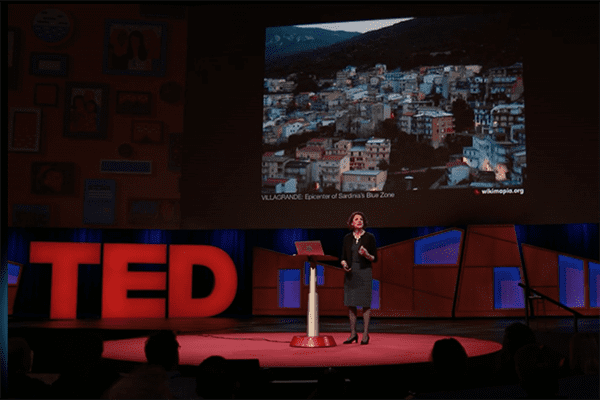A few months ago, I saw an interesting TED talk by Susan Pinker: “The secret to living longer may be your social life”.
It refers to research done by Julianne Holt-Lunstad et al “Social Relationships and Mortality Risk: A Meta-analytic Review” (Brigham Young Uni).
Pinker tells us that Sardinia has “six times as many centenarians as the mainland and ten times as many as North America.”
She dispels the myth that it’s all down to diet (many Italians have a high fat, high carb diet), and proposes that their secret to longevity is a high number of close personal relationships and face-to-face interactions: more face-to-face communication means a bolstered immune system, means a higher protection against disease, means a higher chance of a longer life.
So what does this mean for you and me?
Pinker proposes that getting in front of people means that we have a bigger impact: face-to-face engagements have a much higher impact than faceless emails or phone calls. But we knew that already right?
The most efficient and effective method of conveying information to and within a development team is face-to-face conversation.
So what about video conferencing? Pinker says that the research is inconclusive for this area because there just isn’t enough data yet. But she encourages to at least look into the camera when we’re talking online; we often look at the person on the screen rather than at our camera, which means we’re not looking people in the eye.
Personally I’d always prefer face-to-face comms and I’m a firm believer in the benefits of osmosis. Any remote conversations always remind me of this classic video:
I’m not sure the addition of video has improved the situation. In fact, it’s often worse. How many times have you turned off your camera to try and improve sound quality (and still had problems)?
